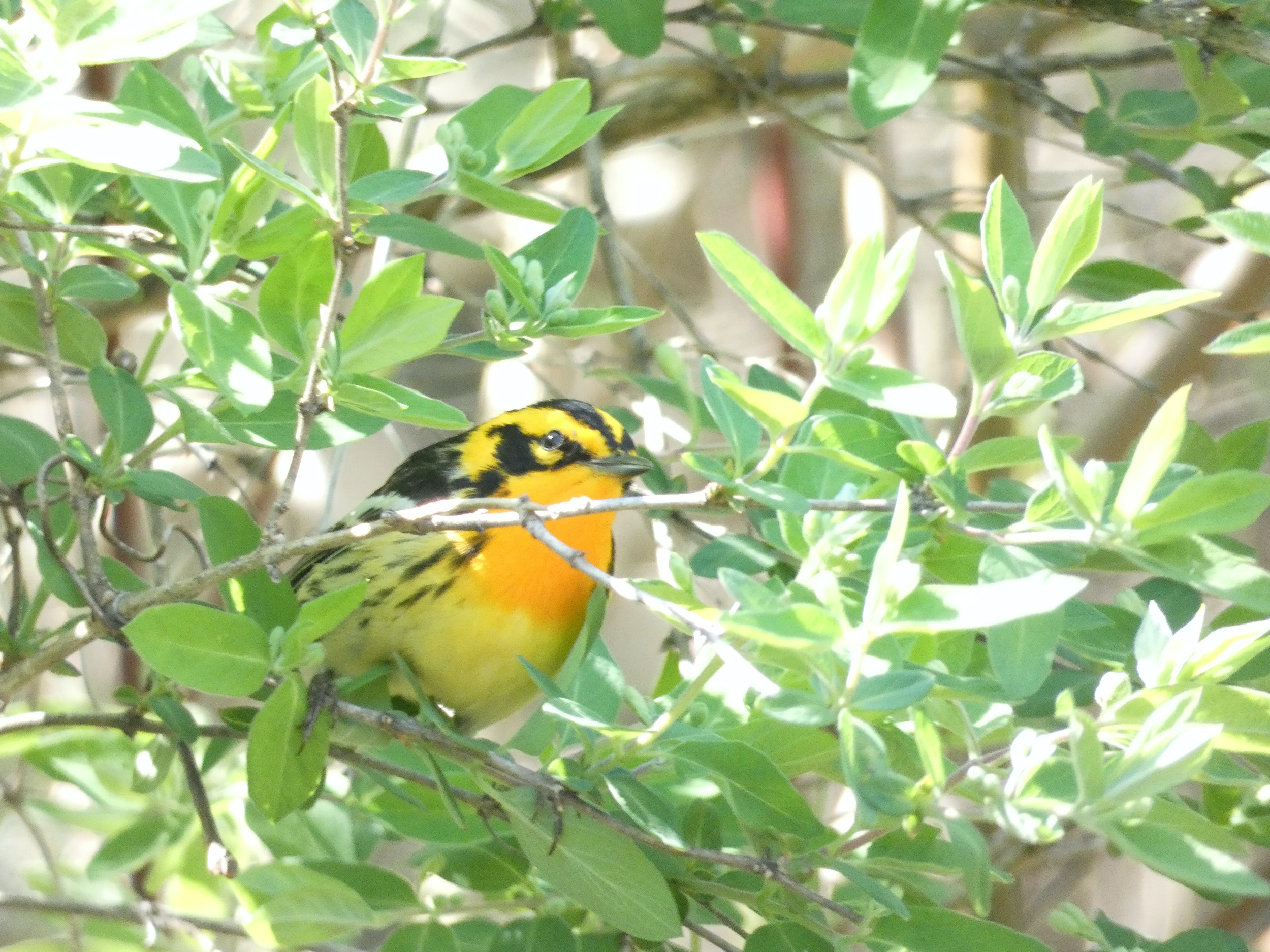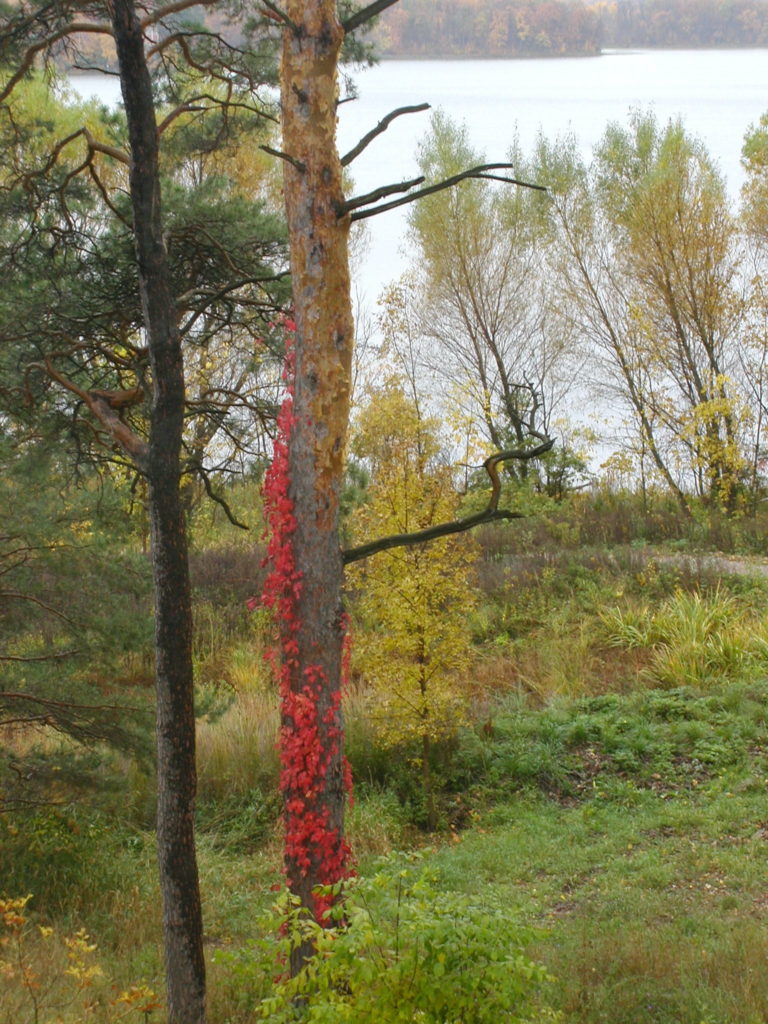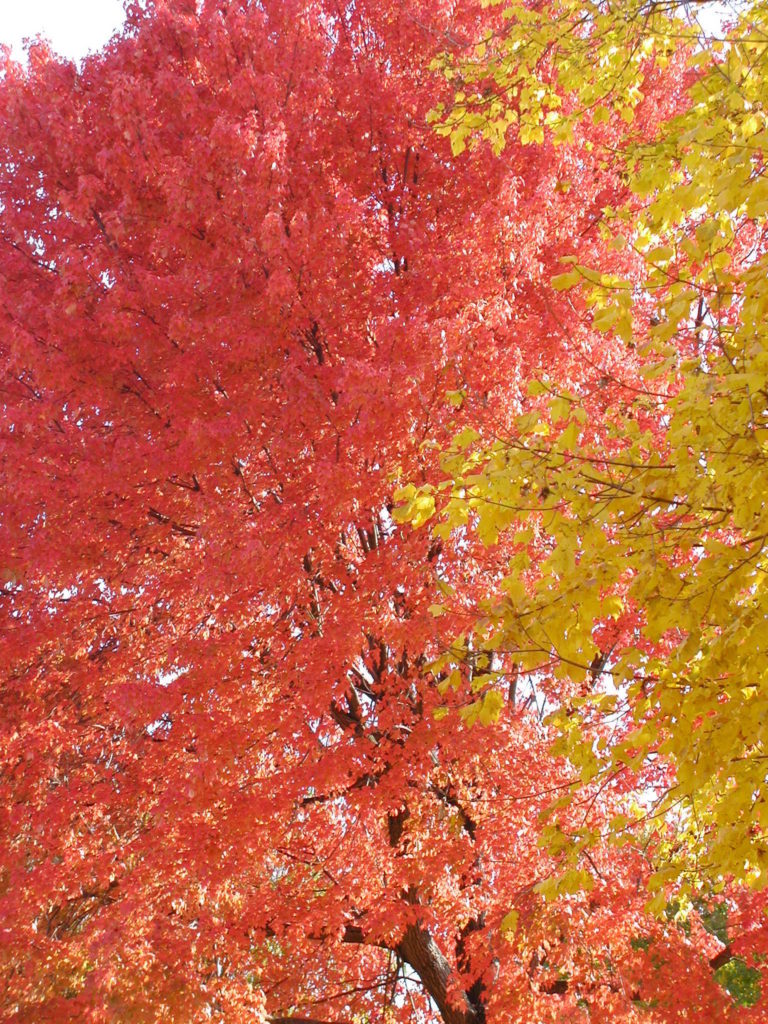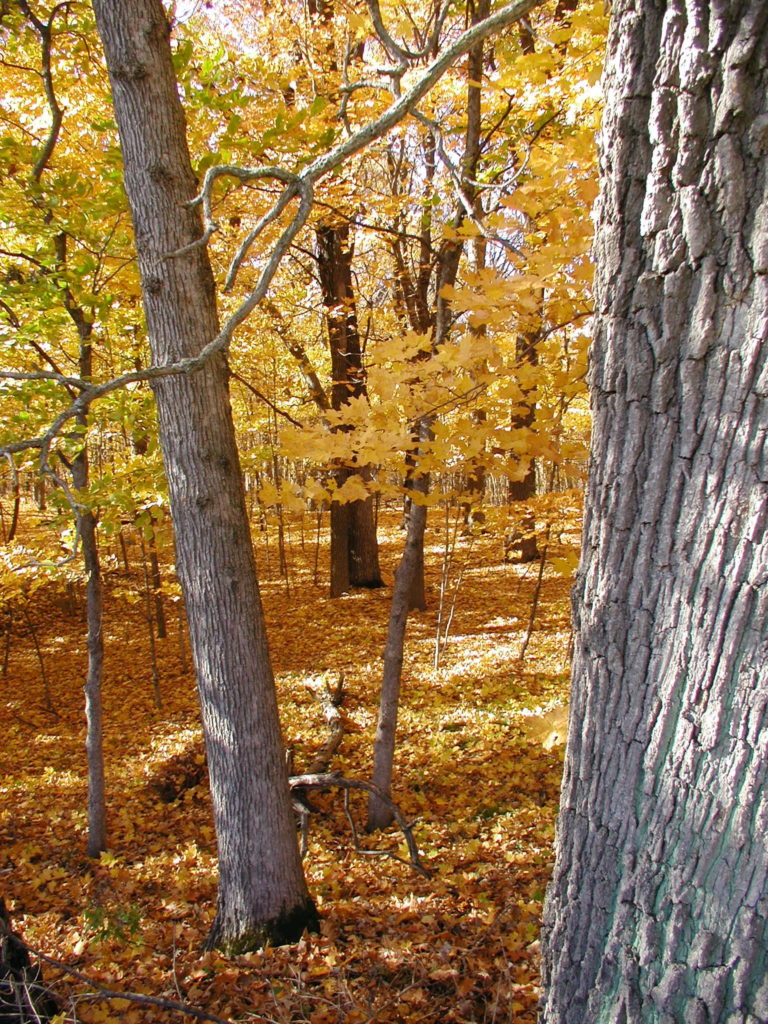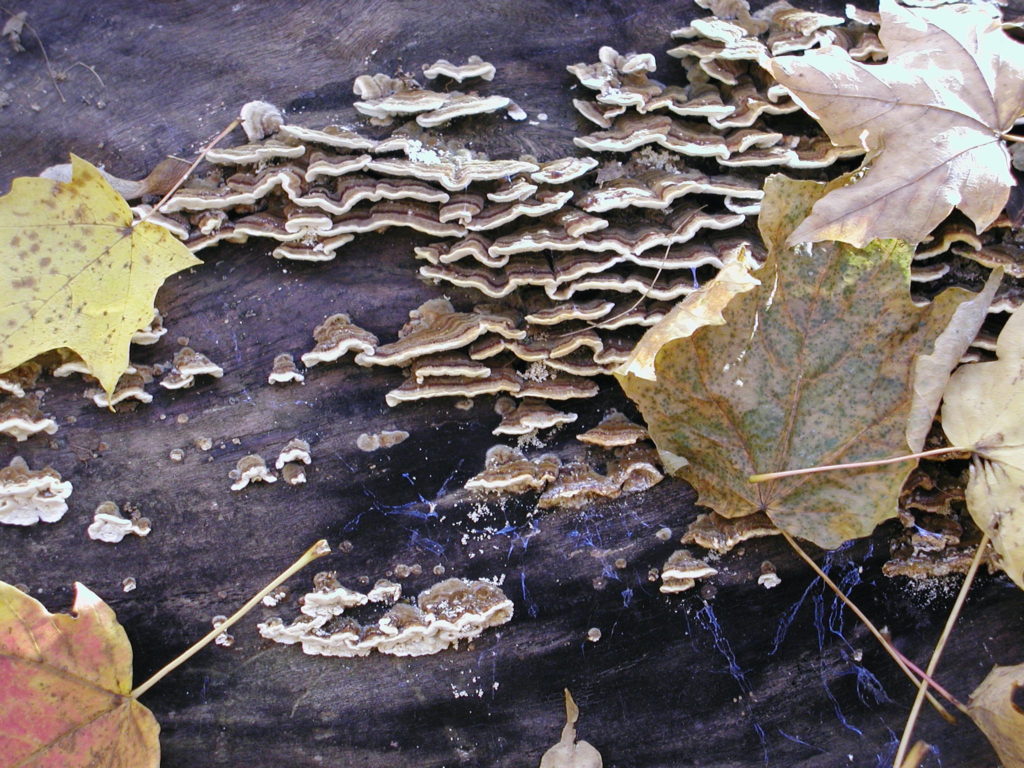Palm Sunday is but a week away. I look back over my Lenten observances and think, as I do just about every year, that I could have done better. Six weeks ago, as Lent approached, I went through a mental list of how I might observe the season: Do Lectio on the daily lectionary readings, spend more time in quiet prayer, read the four gospels, pray the morning and evening hours, keep a special Lenten journal, re-read Brother Lawrence. The list became long, and I struggled to make a choice. All the spiritual practices on my list were admirable, and a commitment to any one of them would bear fruit.
The longer I sat, the more difficult the decision. Suddenly, I knew what practice beckoned me: Simply be faithful. Show up, notice, and respond to the moment. Be open to the Holy One, however present, and be grateful.
It sounds deceptively simple, but showing up isn’t easy. For example, as I write this, I’m working in the company of writers from around the world who have chosen to “show up” for an hour each weekday to write “together” over Zoom with the London Writers’ Salon (LWS) folks. LWS turned three today and is celebrating with a 24-hour writer’s sprint. We can check in for an hour or two or more. No matter the time, the virtual room is open.
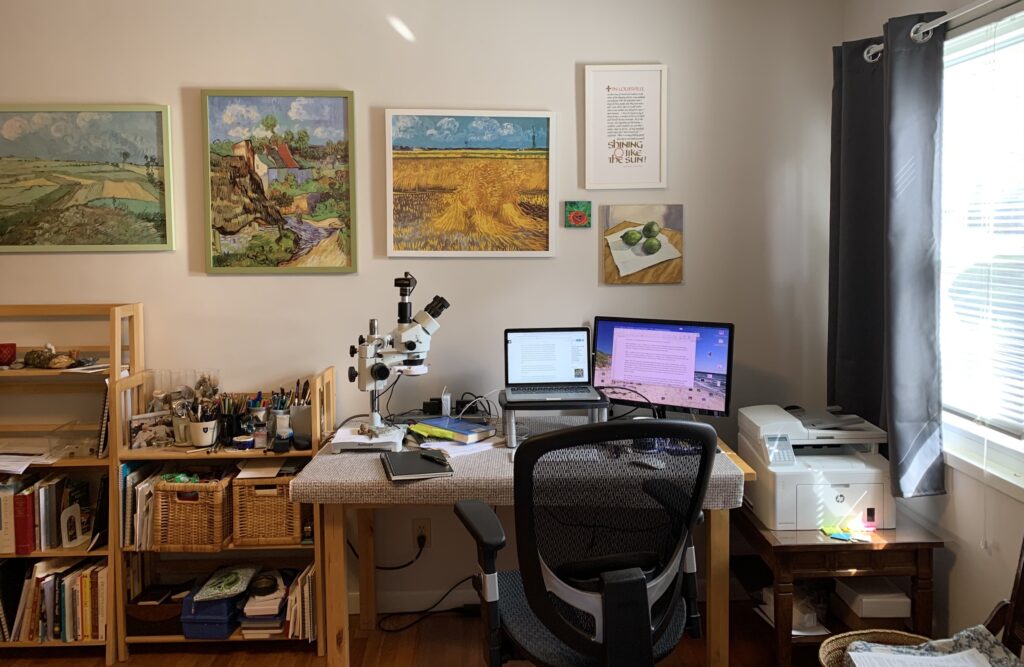
Any writer will tell you, showing up every day is what it takes to get the work done. Some days a lot is accomplished. Other days are more “stare out the window” times or a “jot down a few disjointed notes in a journal” day when little or nothing makes it onto the page. As unproductive as it might seem, something is stirring in the mind and imagination. Recognized or not, the writing process is happening, and one day, the fruit of that work done below the surface will spill out onto the page.
Spiritually showing up is similar. Like writers, those consciously traveling their spiritual path will have practices whose benefits are not obvious but are awakening something deep within.
Once while on a year-long writing residency, I had a conversation with Benedictine monk. We were on our way to the Abbey church for mid-day prayer. Both of us had been busy with writing projects, but when the bells chimed, we left our work in the library and headed for our work in the choir stalls.
“Sometimes I wonder,” my monk friend said, “if all these years of reciting the Psalms, day after day, over and over, really makes any difference.” I guess, if one’s been doing that for decades, they’re entitled to wonder.
I couldn’t answer for him, but I did know that whenever I joined in the monks’ shared prayer, it was a source of grace for me. It was one of many. The bell chiming throughout each day encouraged me to pause and remember that God is always with us. The natural setting was stunning: lakes, prairie, wetlands, oak savannas, and wooded hills, all filled with wildlife. Nature is the first revelation of God. Grace flowed through the people with whom I lived and worked: writers, monks, those who ran the Institute. We shared long conversations, impromptu meals, and more formal dinners. We supported one another through grief and difficult times and celebrated ordinary joys and writing breakthroughs. Some of us even shared a poetry reading, complete with tea and biscuits, in a fish house on a frozen lake! Spiritually showing up looks different all the time.
That is how my Lent looked: different all the time. Take last week. Some days were spent supporting a sick friend who had traveled a long distance to see a doctor. Fixing food, making sure there was hot tea brewing, listening, and just making the house welcoming was my joy and my practice. When the house was empty again, I decided to take a day and put myself “in a place where Grace flows’” for me. I did PT exercises for an hour, taking care of my aging, imperfect body, honoring its gift.
Next was Writers’ Hour. I worked on a children’s book telling the story of a friend who was a Black American pioneer in aviation. Knowing it is work that is mine to do doesn’t make it easy. But I showed up and felt renewed enthusiasm for the project.
When the hour was finished, I tucked a journal and fountain pen into my purse and drove across town to purchase Caste from the indie bookstore, Gramercy. I bought a cup of coffee at the café next door and headed outside to write. Journaling is prayer for me, often leading along meandering paths of thought to places within I hadn’t expected to go.
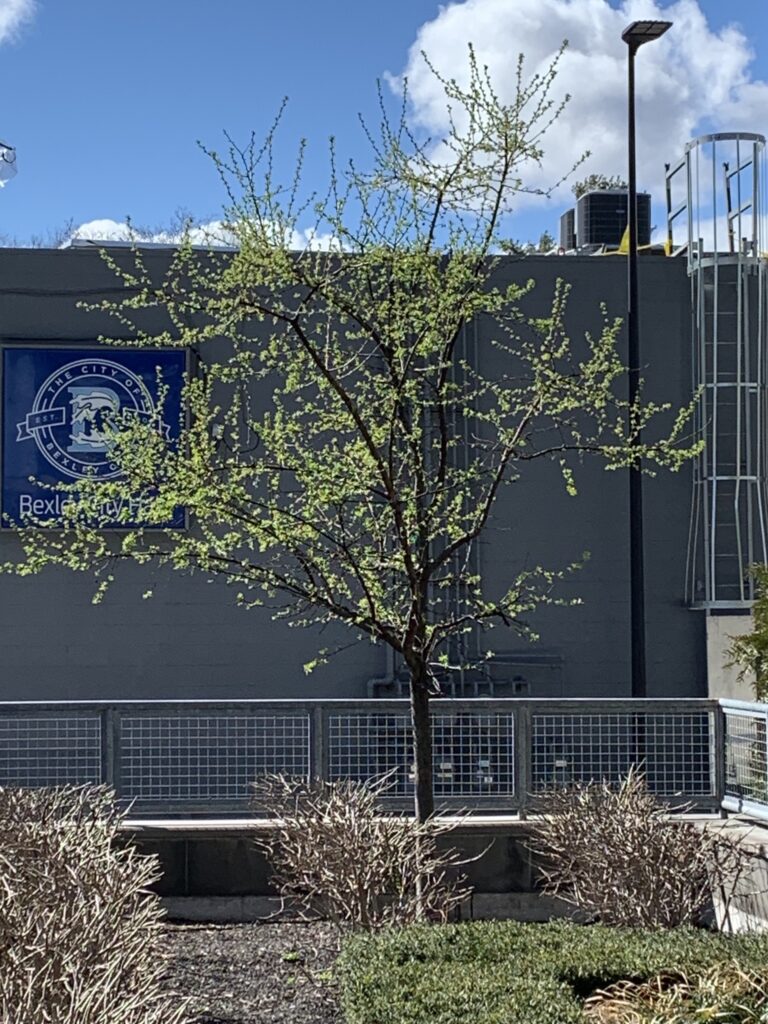
I spent some time gazing at a graceful young tree beginning to bud. It seemed out-of-place, planted between buildings along a sidewalk and a busy street, but that’s just where its mercy was needed. I couldn’t take my eyes off its lithe, narrow branches – calm beauty amid the bustle and noise of the city. The tree simply being “tree” was an eloquent prayer. Such is the gift of creation. It can’t be anything other than its holy self.
After writing, I walked around the college campus across the street, enjoying the sun and cool, clear air. Aware of the time and peaceful place to enjoy nature’s gifts, I did as Brother Lawrence suggests and lifted my heart to God, acknowledging Divine Presence right where I was.
I walked into the library and took the elevator up to the Schumacher Art Gallery on the fourth floor. The special exhibit presented photographs of Native peoples around the globe taken by Dana Gluckstein. A large panel filled with text by Oren Lyon (Faithkeeper, Turtle Clan, Onondaga Nation) introduced the exhibit and detailed the long struggles of native peoples as well as the long-awaited adoption of the Declaration on the Rights of Indigenous Peoples by the United Nations in 2007. Another panel featured words of Archbishop Desmond Tutu about the wisdom shared with the modern world by those peoples: “…the first law of our being is that we are set in a delicate network of interdependence with our fellow human beings and with the rest of creation.”
Wandering through the photographs and the adjoining room filled with African sculptures, I became acutely aware of the tiny piece I am of the human family that lives on this planet. How multitudinous are the ways of life, experiences, and relationships with the Divine. I stood still, surrounded by the photos. I showed up.
“You are a beloved child of God,” I heard in my heart. “So are these. So are all, each and every one.” Humility stirred in my soul. How little I know, yet still am a part of the family.
On the way home, I bought a raspberry-filled cookie from a French bakery. The day was, after all, the feast of Saint Benedict celebrated by my monk friends, Benedictine monastics around the world, and others who, like me, find Benedict’s wisdom helpful as they move through life.
“Celebrate every little thing,” I reminded myself. It’s a way of being grateful.
Back home, after enjoying the cookie and a cup of tea, I began reading a new book, This Here Flesh, by Cole Arthur Riley. Like the photo exhibit, it provided accounts of encounters with the Holy One different than my own yet connected in the “delicate network of interdependence.” I prayed to be humble and open to receive and reverence it.
Ordinary life filled the rest of the day: fixing food, eating dinner, gathering virtually with a small group of women with whom I’ve been reading books and sharing thoughts, questions, and grace for two years. Nothing and yet everything was extraordinary. The practice of showing up. Of being aware. Of being open so Grace can flow in and through and out. That is always the call.
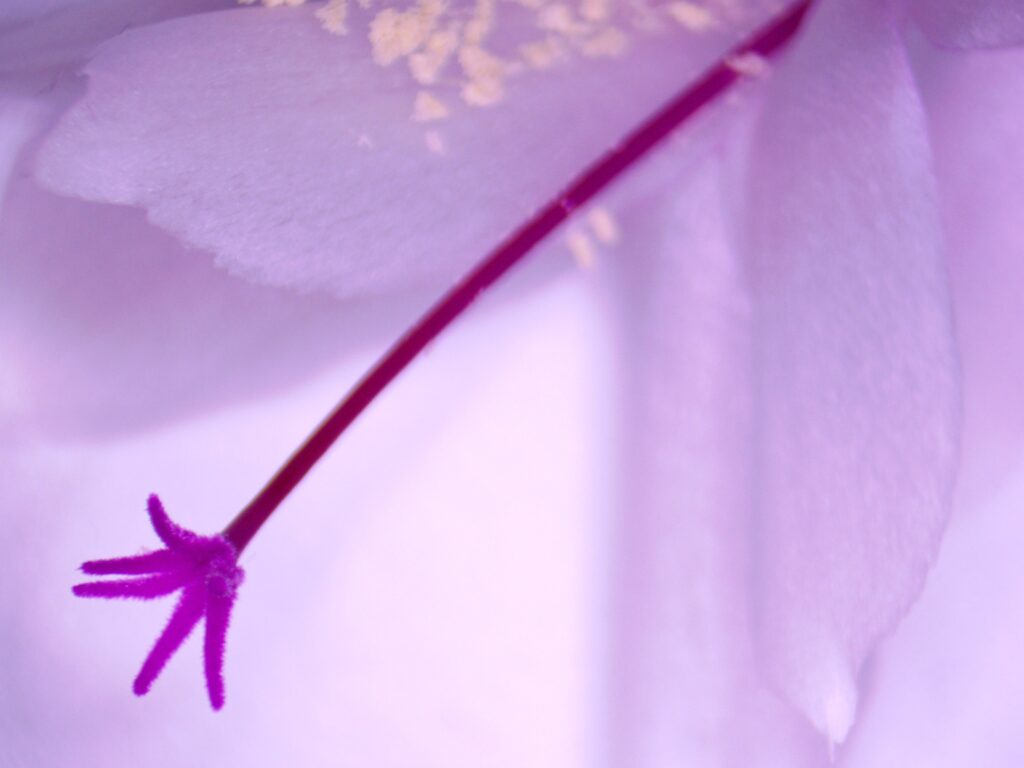
Photo: Emily Holt
Sources:
Caste: The Origins of Our Discontents by Isabel Wilkerson
Practice of the Presence: A Revolutionary Translation by Carmen Acevedo Butcher by Brother Lawrence of the Resurrection, Carmen Acevedo Butcher (translator)
Dana Gluckstein DIGNITY Portraits
This Here Flesh: Spirituality, Liberation, and the Stories That Make Us by Cole Arthur Riley


